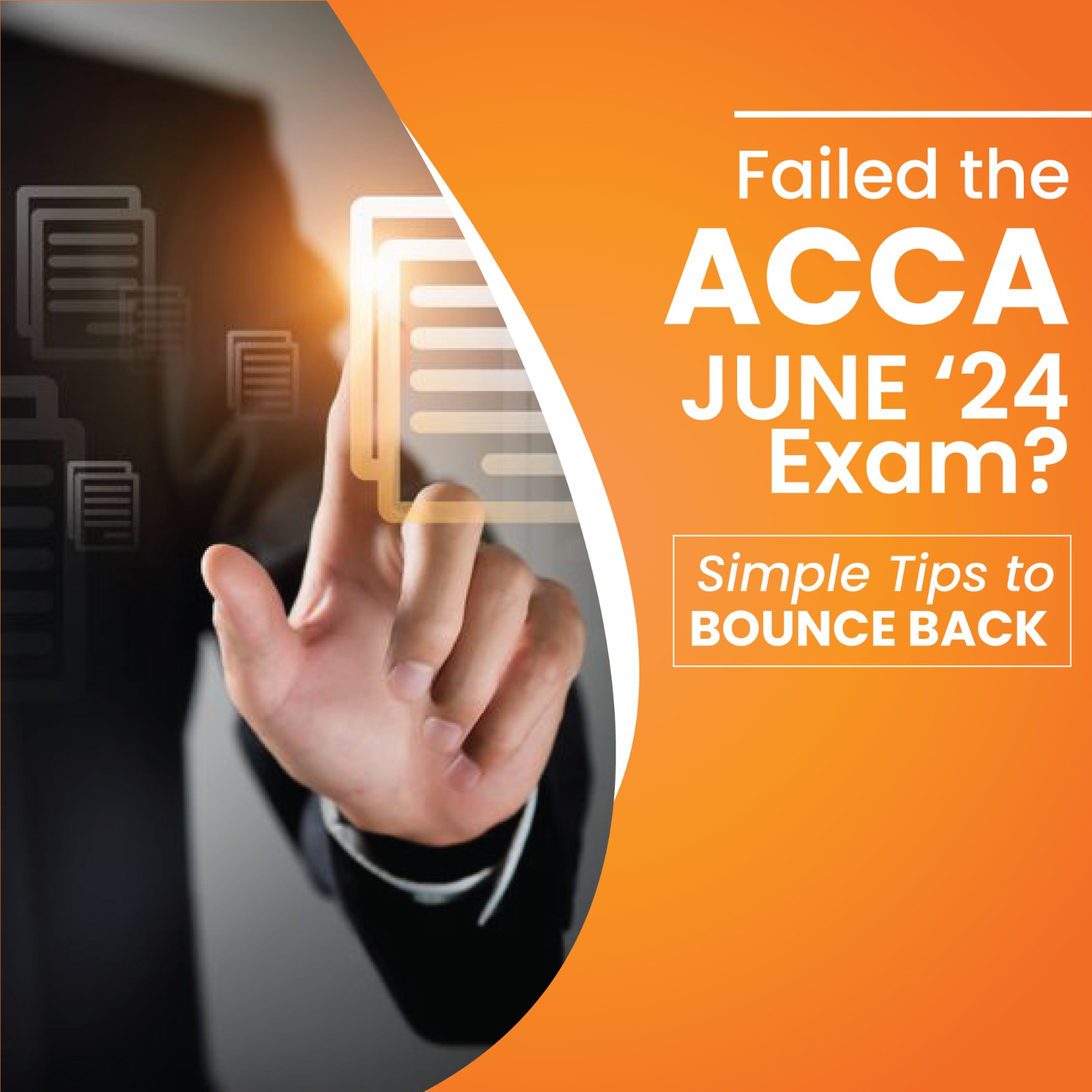CORPORATION AND LEGAL PERSONALITY
CORPORATION AND LEGAL PERSONALITY
DEFINITION OF A SOLE TRADER
A sole proprietorship, also known as the sole trader or simply a proprietorship, is a type of business entity that is owned and run by one individual and in which there is no legal distinction between the owner and the business.
Advantages of a Sole Trader
- It is easy to organise and needs only a small amount of capital.
- It permits a high degree of flexibility for the owner since he/she is the boss of the business establishment.
- Due to its unlimited liability, some creditors are more willing to extend credit.
- The owner gets all the profit of the business.
Disadvantages of a Sole Trader:
- Has limited resources. Banks are reluctant to grant loans to single proprietorship considering its small assets and high mortality rate.
- Unlimited liability for business debts. The single owner is responsible for paying all debts and damages of his business.
- If the firm fails, creditors may force the sale of the proprietor’s personal property as well as his business property to satisfy their claim.
THE CONCEPT OF COMPANY’S SEPARATE LEGAL PERSONALITY
Definition:
Company is an entity formed and registered under the Company’s Act 2006. Legal personality (also artificial personality, juridical personality, and juristic personality) is the characteristic of a non-living entity regarded by law to have the status of personhood. A legal person (Latin: persona ficta) (also artificial person, juridical person, juristic person, and body corporate) has a legal name and has rights, protections, privileges, responsibilities, and liabilities under law, just as natural persons (humans) do. A basic legal fiction is the idea of a legal person. Liability of the members to contribute to the debts of the entity is significantly limited.
Limited Liability of Members:
Company is distinct from its members and its members have limited liability. Members of particular firm kinds are eligible for this protection.
Security of Members Against Creditors
- Limited liability prevents the creditors from demanding the company’s debts from members of the company.
Security from Business Failure
Limited liability only becomes an issue in the event of a business failure when the company is unable to pay its own debts. Result is winding up which enables the creditors to be paid from the proceeds of any assets remaining in the company.
TYPES OF CORPORATIONS
Corporation Sole: Public office (created usually by an act of parliament) or ecclesiastical office (usually the owner of church land) that has a separate and continuing legal existence, and only one member (the sole officeholder).
Chartered Corporations: These are charities or bodies formed by the Royal Charter.
Statutory Corporations: The statutory companies are also known as statutory corporations or public corporations, these are actually public bodies established and operated by Statute.
Registered Companies: Companies formed under the Companies Act 2006.
Community Interest Companies: These are formed by social enterprises for the benefit of the community. These are established by the Companies (Audit, Investigations and Community Enterprise) Act 2004 and regulated by The Community Interest Company Regulations 2005.
TYPES OF COMPANIES
Company Limited by Shares
“Limited by shares” means that the company has shareholders, and that the liability of the shareholders to creditors of the company is limited to the capital originally invested, i.e. the nominal value of the shares and any premium paid in return for the issue of the shares by the company.
A shareholder’s personal assets are thereby protected in the event of the company’s insolvency, but money invested in the company will be lost.
Company Limited by Guarante: A company limited by guarantee does not usually have a share capital or shareholders, but instead has members who act as guarantors. The guarantors give an undertaking to contribute a nominal amount (typically very small) in the event of the winding up of the company.
Unlimited Liability Companies: The liquidator can require members to contribute as much as may be required to pay the company’s debts in full.
Private and Public Companies:
A public company is a company whose constitution states that it is public and that it has complied with the registration procedures for such a company.
A private company is a company which may not offer its securities to public.
Requirements for a Public Company:
- A public company must hold a Registrar’s trading certificate and must have a minimum capital of £50,000. Private company which is converted into a public company will not be permitted to trade until it has an allotted minimum share capital of £50,000 out of which only a quarter of its nominal i.e. £12,500 has to be paid and whole of its premium.
- A public company must always have share capital and therefore one cannot be created without share capital. Companies limited by guarantee do not have share capital and therefore a public company cannot be limited by guarantee
- Minimum membership and Directors:
Public company must have a minimum of one member and same is the case with private company. However minimum of two directors are required for public company and one for private company.
DIFFERENCES BETWEEN PUBLIC AND PRIVATE COMPANIES
Capital:
- a) Minimum of £50,000 capital for public company and no minimum for private.
- b) Public company may offer shares to public but private is prohibited to do so.
- c) Public and Private Companies must generally first offer its existing members any ordinary shares it issues for cash. This is also known as pre-emption right. Private company may permanently disapply this rule.
Dealing in Shares
Public company can obtain listing for its shares on the stock exchange.
Accounts:
- a) Pubic company has six months to produce its statutory audited accounts and private company has
nine months.
- b) Listed public company must publish its full accounts and reports on website.
- c) Public companies must lay their accounts before the general meeting annually but no such requirement for private company.
Commencement of business: Public Company can only commence business once it has obtained the trading certificate from the registrar, however private company can commence business as soon as it is incorporated.
Annual General meetings:
- d) Private companies are not required to hold annual general meetings but public companies must hold one within six months from its financial year end.
Names and Identification
- e) Words limited or Ltd must appear. Company should be identified as public or private company.
Instances where Separate Personality can be Ignored
Separate legal personality can be ignored to:
- Identify the company with its members and/or directors
- Treat a group of companies as a single commercial entity
The main instances for lifting the veil are to enforce law, prevent evasion of obligations. When a company is established as a sham to evade liabilities, separate personalities can be ignored to prevent evasion of liabilities.
LIFTING OF VEIL BY STATUE TO ENFORCE LAW
- Failure to obtain a trading certificate from the Registrar leads to personal liability.
- Fraudulent and wrongful trading
Fraudulent Trading is committed when affairs of the company are carried out with the intent to defraud the creditors. It is a criminal offence under sec 993 of the companies act 2006 and any person guilty of it is liable for a fine or imprisonment upto 10 years. It is also a civil offence under the Insolvency Act 1986.
Under UK insolvency law, wrongful trading occurs when the directors of a company have continued to trade a company past the point when they:
- “knew, or ought to have concluded that there was no reasonable prospect of avoiding insolvent liquidation”; and
- they did not take “every step with a view to minimising the potential loss to the company’s creditors”.
Wrongful trading is an action that can be taken only by a company’s liquidator, once it has gone into insolvent liquidation. (This may be either a voluntary liquidation – known as Creditors Voluntary Liquidation, or compulsory liquidation). It is not available to the directors of a company while it continues in existence, or to other insolvency office-holders such as an administrator. Court may order such directors to make a contribution to the company’s assets as per sec 214 of the Insolvency Act 1986.
Consequence of Piercing the Corporate Veil
If a court pierces a company’s corporate veil, the owners, shareholders, or members of a corporation or LLC can be held personally liable for corporate debts. This means creditors can go after the owners’ home, bank account, investments, and other assets to satisfy the corporate debt. But courts will impose personal liability only on those individuals who are responsible for the corporation or LLC’s wrongful or fraudulent actions; they won’t hold innocent parties personally liable for company debts.
Liability of Disqualified Directors
Directors who are disqualified under the Directors disqualification Act 1986 and still participate in the affairs of the company’s management will be jointly liable along with the company for the company’s debts.
How can Directors be held liable for abusing the Company Names:
It is a criminal offence under the Insolvency Act sec 217 and directors are held personally liable where; they are a director of a company that goes into solvent liquidation and they become involved with the directing, managing or promoting of a business which has an identical name to the original company or a name similar enough to suggest a connection.
Avoidance of Tax:
Unit Construction Itd v Bullock
The UK parent company owned subsidiaries incorporated in Kenya and carried on trading activities there. The managing director of the parent company concluded that ‘the situation of the Kenya subsidiaries was becoming so serious that it was unwise to allow them to be managed in Kenya any longer, and that their management must be taken over by the directors of [the parent company] in London.’
Held the companies were resident in the UK and liable to UK tax. The Kenyan connection was a sham, the question being not where they ought to have been managed but where they were actually managed.
Pubic Interest:
If in times of war with the enemy, the court may lift the veil of incorporation to determine if the company is being controlled by aliens.
Quasi Partnership:
Many small companies are regarded by the law as ‘quasi-partnerships’ – in other words, they are, in effect, small partnerships of a limited number of individuals which, although operating as a limited company, are in practical terms run as if they were a partnership between those individuals at the helm.
CONCEPT OF SEPARATE LEGAL PERSONALITY IN GROUP COMPANIES AND LIFTING THE VEIL IN GROUP SITUATIONS
Companies even in groups retain their status of separate legal personalities. In the case of Adams v Cape Industries Plc three situations were stated under which the courts would consider the group as one and then lift the veil of incorporation. The three reasons are:
- The subsidiary is acting as the agent of the holding company
- The group is to be treated as a single economic entity
- The corporate structure is sham or façade.
COMPANY AND PARTNERSHIP DISTINCTION
Some of the major distinction between partnership and a company are as follows:
- Regulating Act: A company is regulated by Companies Act, 2006, while a partnership firm is governed by the Partnership Act, 1890.
- Registration: A company cannot come into existence unless it is registered, whereas for a partnership firm registration is not compulsory.
- Liability: In case of company the liability of shareholders is limited (except in case of unlimited companies) to the extent of face value of shares or to the extent of guarantee, whereas, in case of partnership the liability of partners is unlimited.
- Management: The affairs of a company are managed by its directors. Its members have no right to take part in the day to day management. On the other hand every partner of a firm has a right to participate in the management of the business unless the partnership deed provides otherwise.
- Capital: The share capital of a company can be increased or decreased only in accordance with the provisions of the Companies Act, whereas partners can alter the amount of their capital by mutual agreement.
- Legal Status: A company has a separate legal status distinct from its shareholders, while a partnership firm has no legal existence distinct from its partners.
- Transfer of Interest: Shares in a public company are freely transferable from one person to another person. In private company the right to transfer shares is restricted, while a partner cannot transfer his interest to others without the consent of other partners.
- Insolvency/Death: Insolvency or death of a shareholder does not affect the existence of a company. On the other hand a partnership ceases to exist if any partner retires, dies or is declared insolvent.
- Winding up: A company comes to an end only when it is wound up according to the provisions of the Companies Act. A firm is dissolved by an agreement or by the order of court. It is also automatically dissolved on the insolvency of a partner.
- Accounting: Although there isn’t a clear legislative mandate in the case of firms, the firms Act, 2006’s rules have an impact on how a company creates its accounting records.
- Audit: Although employers should supervise the technique, many partnership corporations frequently manage their own audits.
Written by Mahnoor bright student of mirchawala’s hub of accountancy.












[…] January 4, 2024 […]
[…] vs CPA: Which is the Right Career Option? Finding Read more January 4, […]
Comments are closed.